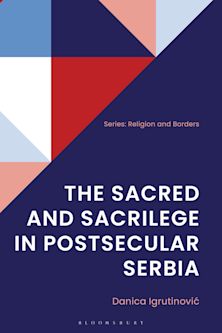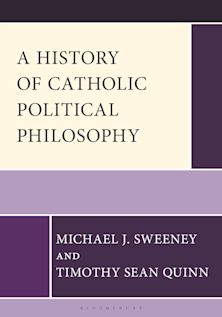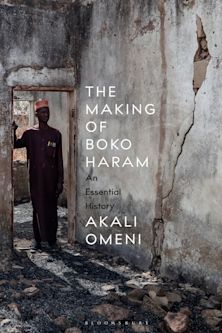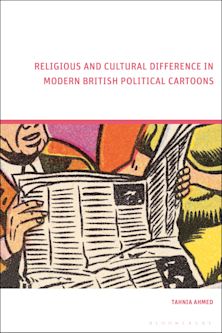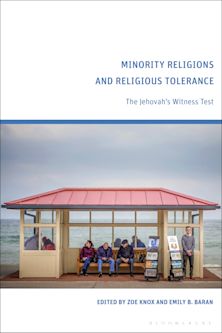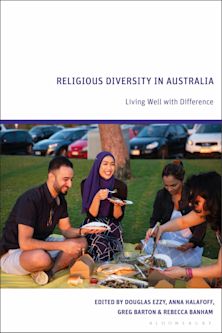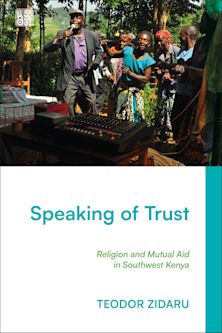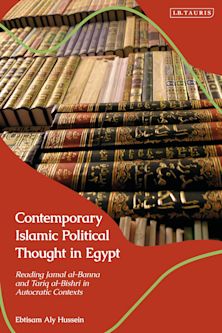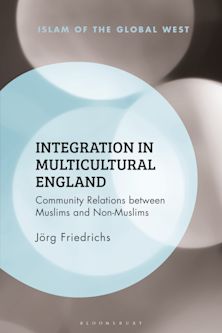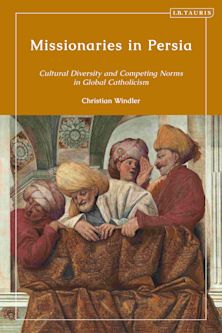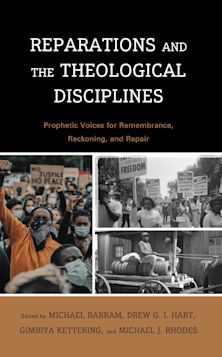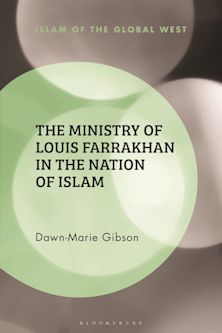- Home
- ACADEMIC
- Religious Studies
- Religion and Politics
- Political Life in Dark Times
This product is usually dispatched within 2-4 weeks
- Delivery and returns info
-
Flat rate of $10.00 for shipping anywhere in Australia
You must sign in to add this item to your wishlist. Please sign in or create an account
Description
Against the background of the present political and cultural disarray, this book asks: What can be learned from past historical examples of such decay? How can political life be restored now to its original purpose: the promotion of the "good life" or the "common good?" Taking up these key questions, the volume performs a deep dive into the historical and literary record, tracing out the collision of institutions and society, and the development of philosophical and ethical accounts of what constitutes politics, the state, the public, and individuals. Throughout history, there have been a multiple trajectories for understanding the basic relationship between the state, power, society, and the ethical: the multivalent theories, unsurprisingly, have clashed and created rifts. At the same time, despite conflict and tumult, from ancient Athens and Tudor England, to the rise of fascism and authoritarianism in the previous and current centuries, a riptide of hope and praxes has endured that grounds the possibility of a society founded on solidarity. Towards this end, Fred Dallmayr pleads for the renewal of politics through the legacy of the "cardinal virtues" acting as chief remedy for the present disarray.
Table of Contents
1.Introduction:
Political Education in Dark Times
2.Loyalties in Tension:
A New Socratic Apology?
3.Nation-State and Ethical Community:
Divorcing Statecraft and Soulcraft?
4.Liberating Remembrance:
Politics and Recollection
5.Ethics and Modern Politics:
Humanism and Orthopraxis
6.Twilight of Modern Idols:
Lessons of the Global Pandemic
7.Some Conclusions:
Renewal of Virtue
Bibliography………………………………………………………………………………………..
About the Author…………………………………………………………………………………
Product details
| Published | 10 Dec 2020 |
|---|---|
| Format | Hardback |
| Edition | 1st |
| Extent | 106 |
| ISBN | 9781793634535 |
| Imprint | Lexington Books |
| Dimensions | 239 x 166 mm |
| Series | Faith and Politics: Political Theology in a New Key |
| Publisher | Bloomsbury Publishing |
About the contributors
Reviews
-
Fred Dallmayr has experienced both dark and light times in the course of his long and fruitful career, and I am very happy that he has brought his insights, as one of the world’s leading political theorists, to an exploration of the current political climate, which is indeed dire. But he also, as is characteristic of him, brings hope for the future. leaving us, at the end of our reading, refreshed and invigorated for the struggles that lie ahead.
William L. McBride, Purdue University
-
Highly aware of all the harms that politics can cause, in these wide ranging reflections Fred Dallmayr asks the central question about the proper purpose of politics in human life. As his historical reflections illustrate, politics in dark times is nothing new but we might be able to draw some lessons from historical precedents. Deeply informed by a rich variety of past and contemporary philosophical and spiritual sources, he discusses the related question about what sort of political education is needed for a better politics, one that recognizes human beings in the round and that fulfills the potential of political life to foster flourishing, or at least to do as little harm as possible. Drawing these themes together, the book includes some reflections on the lessons that should be drawn from the COVID 19 pandemic.
Ruth Abbey, Swinburne University
-
In this brilliant book Fred Dallmayr, from his deeply humanistic ethical position, provides an uncompromising critical assessment of the current world situation of “dark times,” characterized by global problems, polarization, hegemony, wars, and incivility, aggravated by the global pandemic. Contrary to the mood of fear and despair, Dallmayr evinces the courage to hope and to search for alternatives—through the awakening of the global consciousness and mobilization of the intellectual-spiritual resources of both Western and Eastern religious and philosophical traditions for human transformation or “metanoia,” aspiring to the cosmopolis of peace and justice to come.
Edward Demenchonok, Fort Valley State University
-
In these bleakest of times, Fred Dallmayr offers us redemptive hope. Anchored in ancient philosophy and the Christian Catholic tradition, his fusion of different faith traditions with contemporary thought renews the legacy of a generous, holistic humanism. What emerges is a vision full of wisdom theoretical and practical—on the co-being of humanity and the natural universe rather the human destruction of nature, on self-restraint rather avarice or vainglory, on soulcraft rather than statecraft. Dallmayr is as hard-headed in attacking the idols of our age—rampant materialism, nationalism and ecological devastation—as he is tender-hearted in promoting a plural search for the good life. An inspiring, beautiful book that is essential reading for all interested in radical renewal.
Adrian Pabst, co-author of The Politics of Virtue: Post-liberalism and the Human Future
-
Fred Dallmayr’s Political Life in Dark Times is a much-needed balm during an unprecedentedly challenging moment. Dallmayr’s writings have long inspired scholars and animated important debates within the field of political theory. In that same vein, Dallmayr tackles the question of political education through the lenses of thinkers as diverse as Socrates, Thomas More, Maritain, Merleau-Ponty, Benjamin, Heidegger, Erasmus and Gandhi. In this wide-ranging and beautiful book, Dallmayr encourages us to reconsider what political education entails as we face multiple overlapping crises, offering exemplary forms of ethical reflection to guide us through these challenges.
Farah Godrej, University of California, Riverside

ONLINE RESOURCES
Bloomsbury Collections
This book is available on Bloomsbury Collections where your library has access.













